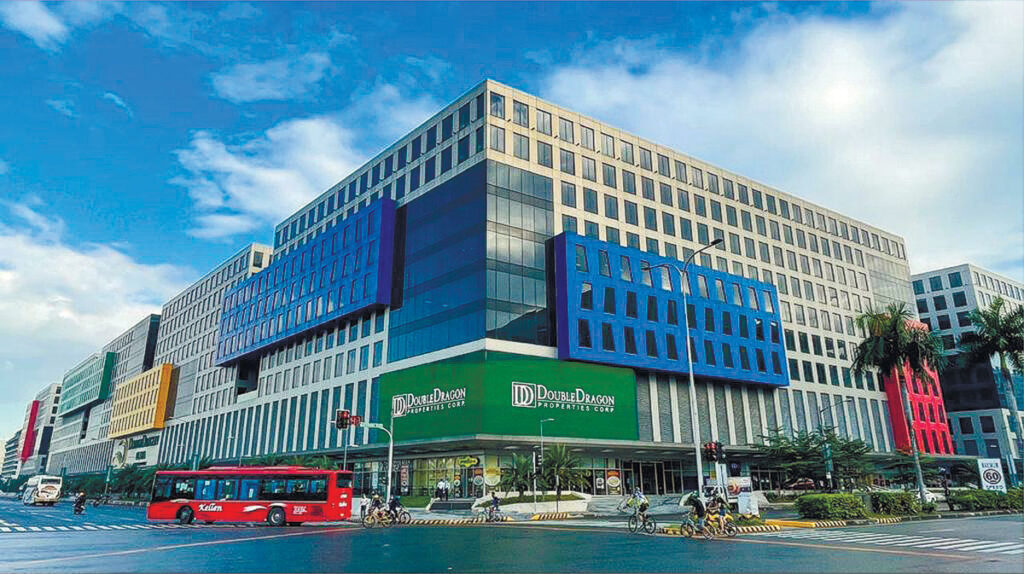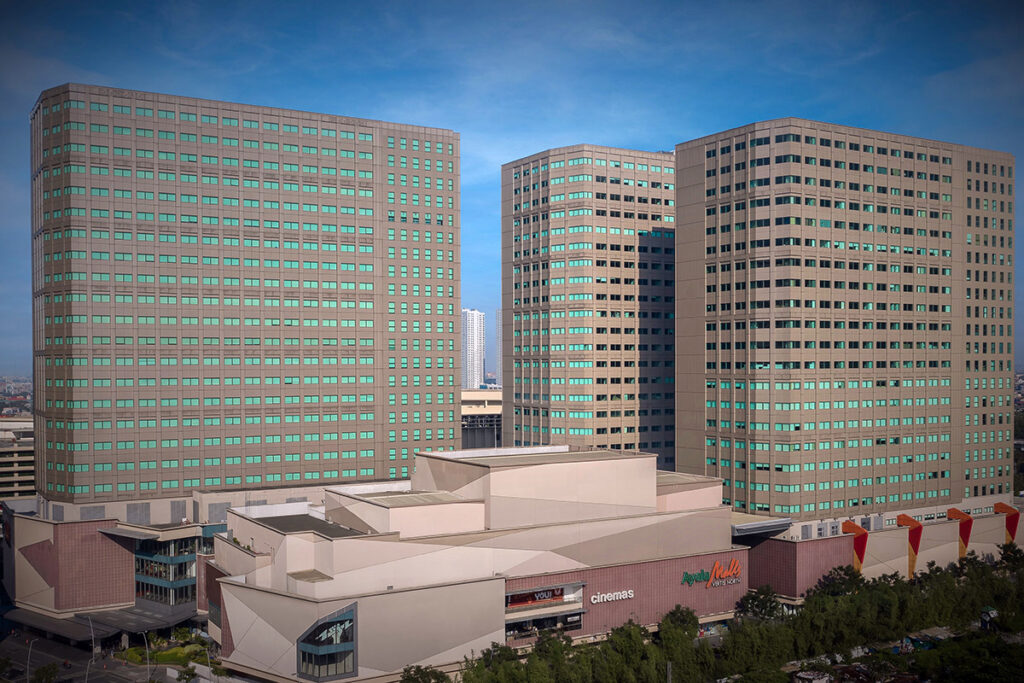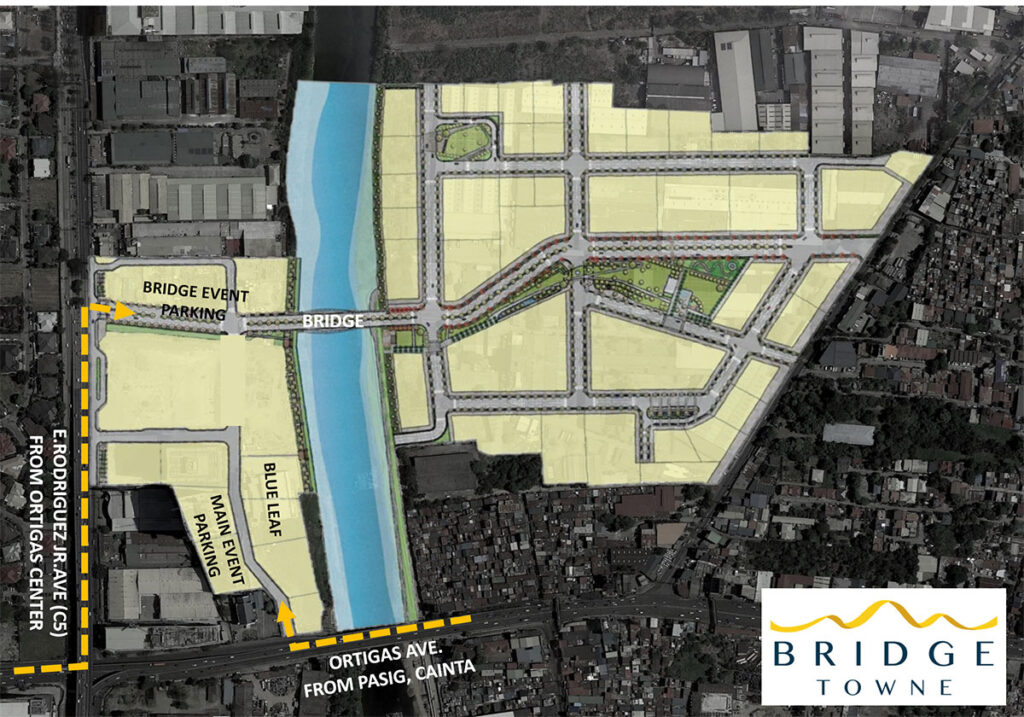Real estate is generally deemed as a good investment. Whether it’s an apartment that you are renting out or commercial spaces that you lease to tenants, property assets can generate recurring income.
However, investing in lucrative real estate projects may require huge capital, which not everyone has. Fortunately, it is now possible for you to invest in an income-generating real estate asset without the need to shell out millions or billions of pesos, through a real estate investment trust (REIT).
“Real estate is one of the most durable investments in the Philippines, but for huge real estate undertakings, it will be prohibitive for small investors to include real estate in their portfolio. REIT addresses that investment scale issue,” said Sheila Lobien, chief executive officer of Lobien Realty Group (LRG).
A REIT, as defined by the Securities and Exchange Commission (SEC), is a stock corporation established principally for the purpose of owning income-generating real estate assets. It provides returns for investors derived from rental income of the underlying real estate asset.

“What the government wanted to do was to democratize the ownership of properties,” Colliers Philippines associate director for research Joey Roi Bondoc said, referring to the implementation of the REIT law.
“So you don’t have to buy an entire building to get a share of that building’s recurring income. All you have to do now is to buy shares of a REIT company,” he added.
Bondoc said that any real estate asset that generates recurring income can be divested into REITs.
These can include apartment buildings, office buildings, medical facilities, hospitals, hotels, resorts, highways, warehouses, shopping centers and railroads, among others, according to SEC.
Less risky investment
As REITs are required to be registered with the SEC as a stock corporation with a minimum paid-up capital of P300 million, investors can be assured that proper regulations are in place.
“Investors should have REITs in their portfolio as the law makes it very attractive for investors. There are so many safeguards on the part of the company that is putting up an REIT company— which will benefit investors,” LRG’s Lobien said.

Through the REIT law and its implementing rules and regulations (IRR), various rules are in place, particularly in the areas of minimum public ownership, conflict of interest, related party transactions, limitations on compensation and fees paid by a REIT, restrictions on investment activities of a REIT, fit and proper rule and rules on oversight of independent directors, according to the SEC.
“REITs offer sustainable and substantial dividend yields and the potential for moderate, long-term capital appreciation,” said Claro Cordero Jr., director for research, consulting and advisory of Cushman and Wakefield Philippines.
“It provides a less risky investment vehicle by offering protection from various headwinds for all types of investors and provides stable long-term total returns similar to those of other stocks,” he added.
Dividends
Other benefits include assured dividends as mandated by law and the ease in buying the REIT stocks as the company is publicly listed.

REIT investors can expect to receive 90 percent of the REITs distributable income as dividends annually.
Cordero said that investors should buy into REITs as it provides a good portfolio diversification strategy due to its relatively low correlation with the returns of other equities and fixed-income investments.
He added that REITs also influence accountability and transparency in the real estate sector, as it is required to engage the services of a fund manager who will ensure the development of investment strategies and accumulate the assets to make the REIT more attractive; a property manager who will oversee property and lease management services, including rent collection, tenant services and other similar services; and competent property valuer.
Boosting the economy
Financial Executives Institute of the Philippines (FINEX) president Francis Lim said in a recent webinar that REITs deepen the Philippine capital markets and provide investors with more investment options.
“For investors, REITs implement the constitutional policy of democratization of wealth,” Lim said.
He added that REITs can also plow back a portion of the company’s income to related property development projects. Lim said this reinvestment can spark more economic activity, which may fuel hope for a quicker bounce back for the Philippine economy.
“REITs also help build a more vibrant capital market and spur infrastructure development,” Lim said.
With the Philippine REIT market still in its early stages, the expected launch of more REITs in the future will not only give more opportunities for investors but will also help the Philippine economy get back on its feet.
The Philippine REIT market was just getting started when the Philippine Stock Exchange (PSE) welcomed its first REIT listing in August of last year. At present, there are two REITs listed on the PSE particularly:
AREIT Inc. of Ayala Group
• Launched in August 2020
• Current portfolio of 344,000 square meters (sqm) of gross leasable space (GLA) worth P37 billion
• This includes Solaris One, Ayala North Exchange, and McKinley Exchange, all in Makati City; the 30th commercial development in Pasig; and an industrial land leased by Integrated Micro-Electronics Inc. in Laguna Technopark.
DDMP REIT Inc. of DoubleDragon Properties Corp.
• Launched in March 2021
• Portfolio consists of six office towers within the 4.75 hectare DD Meridian Park in Pasay City.
• This includes the four-tower DoubleDragon Plaza, the DoubleDragon Center East and the DoubleDragon Center West, with a combined GLA of approximately 172,252 sqm.
While only two REITs are currently listed, Colliers Philippines associate director for research Joey Roi Bondoc says that more developers are planning to do REITs as they bank on the recovery of the economy.
Among the companies that have filed applications for REIT offerings with the Securities and Exchange Commission (SEC) are:
Filinvest REIT Corp. of Filinvest Group
• 16 office buildings within the 18.7-hectare Northgate Cyberzone in Filinvest City in Alabang, Muntinlupa and one office tower with a retail component in Cebu Cyberzone in Cebu City.
• Total GLA of 301,362 sqm
• SEC application for REIT offering filed in March
• Plans to raise P15 billion
RL Commercial REIT Inc. of Robinsons Land Corp.
• 14 PEZA- accredited assets with over 400,000 sqm s of GLA across key Metro Manila cities.
• This includes the Exxa-Zeta Towers in Quezon City, Robinsons Summit Center in Makati City, Robinsons Cyberscape Alpha and Robinsons Cyberscape Beta in Pasig City and Robinsons Cybergate Centers 2 and 3 in Mandaluyong City.
• SEC application for REIT offering filed in May
• Plans to raise P26.7 billion
